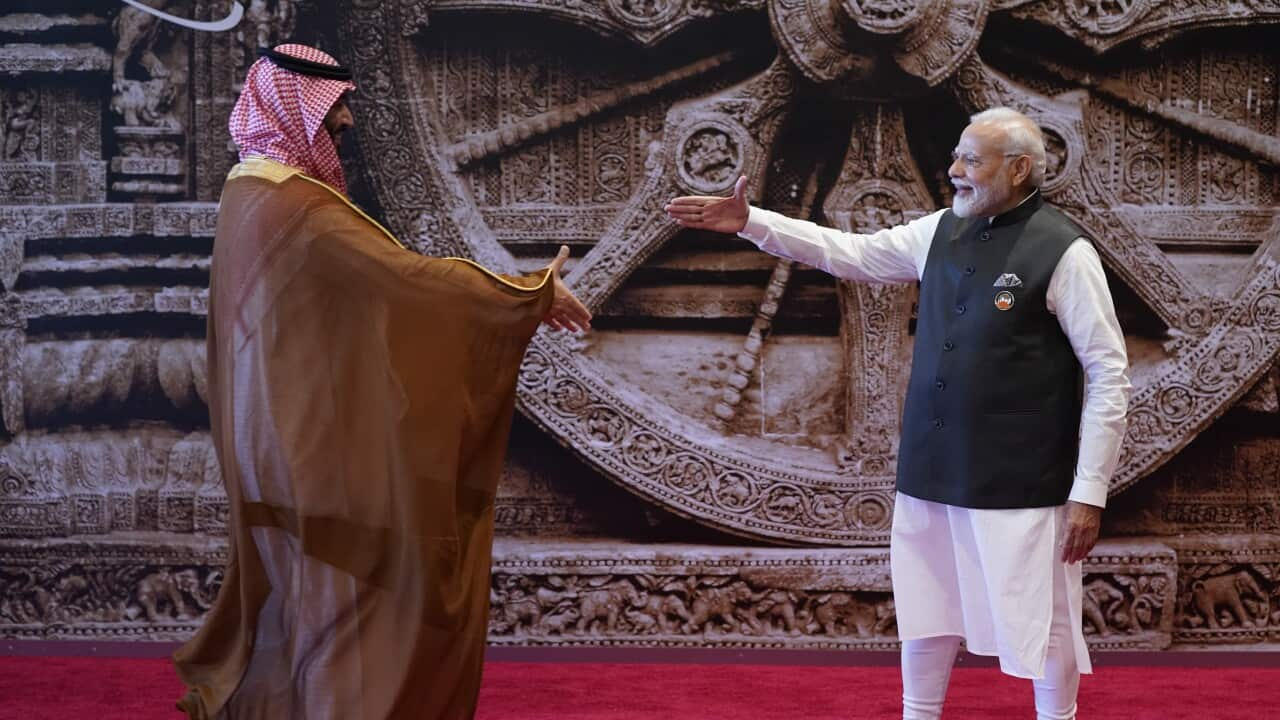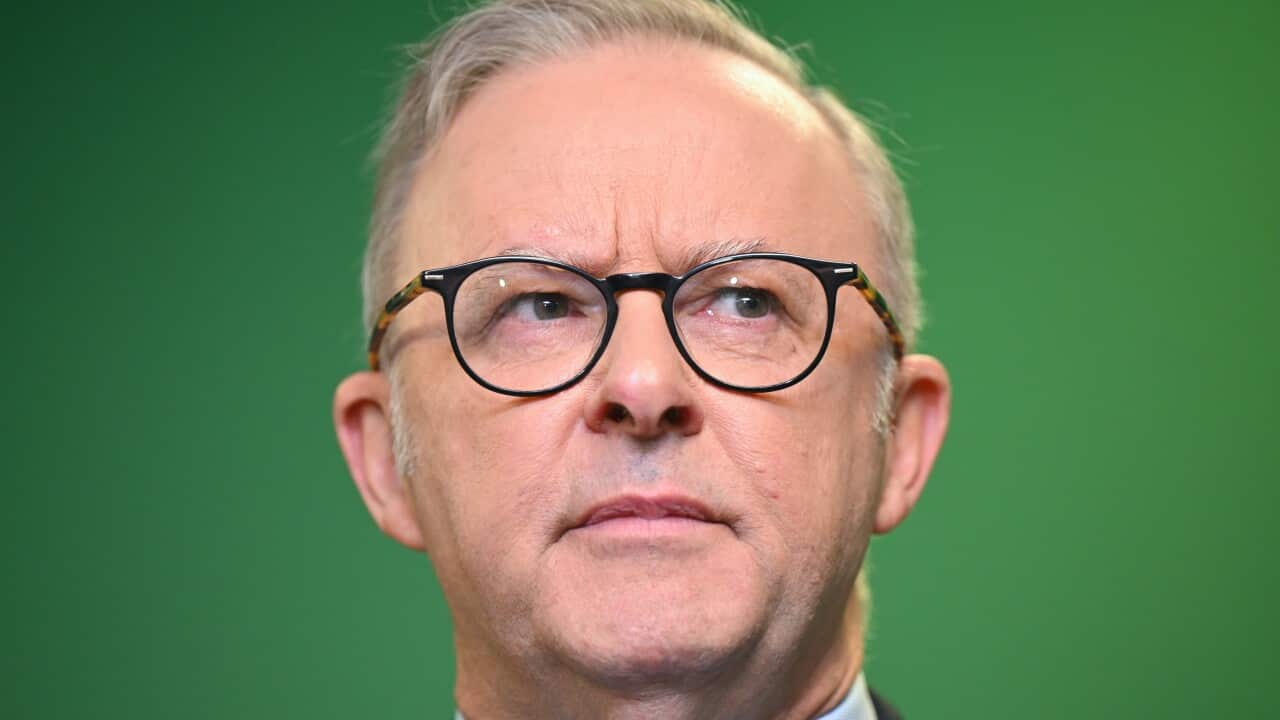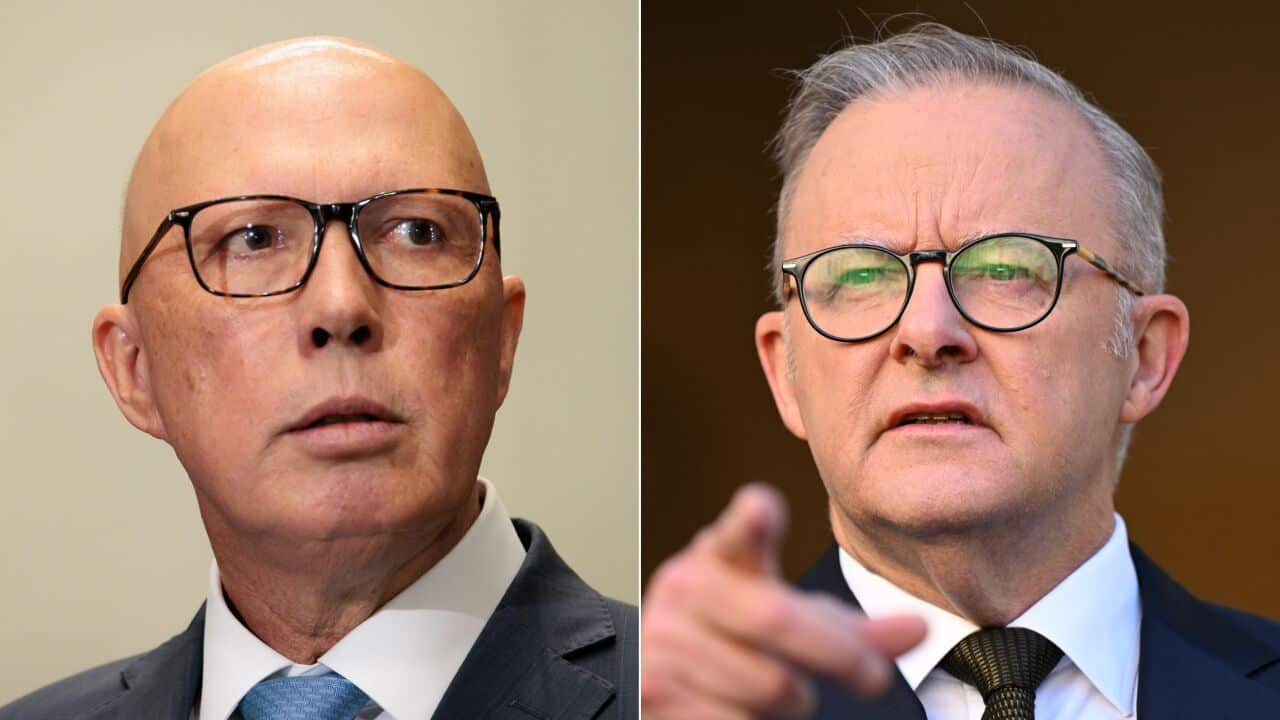Melbourne-based screenwriter and producer Ravi Chand puts it in perspective.
“First World countries seem oblivious to the incredible variety and difference of South Asian cultures, trading instead in outmoded stereotypes of generic Indians,” he says in his that he wrote under the 2019 Social Cohesion on Screen Fellowship. Ravi Chand was a fellow at the 2019 Cinespace Social Cohesion on Screen Writer’s Fellowship, an initiative of Cinespace Inc. supported by the Victorian Government.
Ravi Chand was a fellow at the 2019 Cinespace Social Cohesion on Screen Writer’s Fellowship, an initiative of Cinespace Inc. supported by the Victorian Government.

Source: Supplied by Danyal Syed
His recently published research discusses the issues with the western screen industry’s portrayal of South Asian characters on screen and how that impacted him as a child growing up in western society.
“For many years, Western screens have portrayed an image of South Asians that frankly made me ashamed to be one. Born in Fiji with Indian heritage, growing up I would tell people I’m from Fiji,” says Ravi.
He welcomes the push towards diversity.
“It is a really good thing. Film Victoria and Screen Australia have done a fantastic job trying to get out more diverse opportunities, more roles in front of and behind the camera to people from diverse background,” he told SBS Hindi.
However, he believes the characters still lack accurate representation.
“People are saying you are getting more screen time. That’s diversity. But from what I saw, diversity just does not equal screen time. It is about getting the correct representation. We all should not be painted with the same brush. We are a very, very diverse group of people and should be treated accordingly.”
And the true representation is essential for people like Ravi because, according to him, it is one of the ways migrants could integrate into Australian society without losing their own identities. “As I grew older, I tried to become as Australian as possible," he says.
“As I grew older, I tried to become as Australian as possible," he says.

Source: Supplied by Danyal Syed
"So I learnt to play Aussie rules football, and I was good at it. I played for the club. I played for high school. Even on the football field, I found that the one thing that they would always use to try and get under my skin was to make racial remarks.”
The Son of Fiji-Indian parents, Ravi arrived in Australia in 1981 at the age of four.
“I grew up in Melbourne. It was tough. I see a lot of migrants now. Back then, when I was in primary school, I was one of the two brown kids in the entire school. Because my English wasn’t that good, I thought other kids giving me nicknames and laughing at me was fun.
"I went back home and told my mum what they were saying. They ended up being racist slangs to me. They were racists, which my mum did not like very much. She said you have to speak English all the time to pick up English,” Ravi says. The thing that really changed everything for Ravi, is that 5 years ago he found out his Grandma (Nani) who he thought had passed away was still alive.
The thing that really changed everything for Ravi, is that 5 years ago he found out his Grandma (Nani) who he thought had passed away was still alive.

Source: Supplied by Danyal Syed
"I flew to Fiji to meet her for the very first time in 24+ years. She could immediately see I was lost and started telling me about the magic of my family history. She made me realise I didn’t have to choose a side. I could be an Australian, born in Fiji of Indian heritage. It was that sense of unconditional love where she said “you’re grandson, my son, my everything,” he says.
"6 out of her 8 children passed away before her, so when I arrived on her doorstep I could feel how important I was to her. Not only her grandson but a representation of all her kids that had passed away."
"You will see a lot of these themes through my own screen projects."
Familiar faces on-screen helped Ravi Chand get over his identity crisis.
“Only when more South Asian Indians and Sri Lankans started coming to Australia, did I start realising that we were classified as being Brown. So, only in the past 10-15 years, I started calling myself brown because, as I developed careers on the screen as I realised that’s what they were calling us. So I guess they were the people that I saw on the screen that helped me get through it.”
In his study, Ravi finds South Asians are typically cast as doctors, lawyers, taxi driver, terrorists or a version of a stereotyped Indian.
“Characters that were not stereotyped lacked depth and complexity as they were constructed from the viewpoint of a non-South Asian,” he found.
He recommends a higher representation of South Asian writers.
“With little representation of South Asians in the writers' room, the actor is often forced to be the cultural advisor, with little regard for diaspora South Asians who may have limited (let alone deep) knowledge of their cultural history.”




